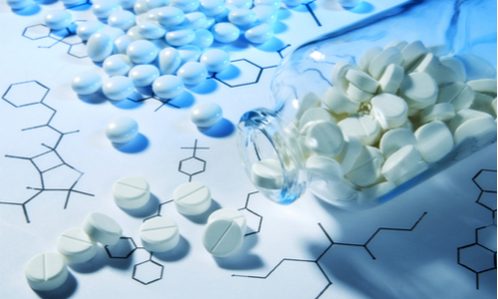This week’s indictment of Teva Pharmaceutical Industries ’s US subsidiary on price-fixing charges came after a last-minute staredown with the Justice Department, reported The Wall Street Journal.
Prosecutors have been investigating alleged collusion among generic drugmakers for years, and while a series of cases and settlements had fallen into place this year, Teva had been more resistant than other drugmakers in their discussions with the Justice Department.
The department was preparing to charge Teva but gave the company a chance to appeal to top officials, which it did without success, said a person familiar with the matter.
Last-ditch talks Tuesday involving Teva Chief Executive Officer Kare Schultz and the department’s top antitrust official, Makan Delrahim, failed to produce a deal. The charges followed later that day.
Teva, while seeking to avoid charges, at a minimum wanted the department to narrow its allegations and agree to a considerably smaller penalty than it was seeking, said the person. The department, however, believed it already had offered some accommodations to Teva and wanted penalties equivalent at least to what other similarly situated firms had paid; Taro Pharmaceuticals Inc., for instance, agreed to a $205.7 million settlement.
Teva, in arguing against charges and significant penalties, touted its role as a manufacturer of therapeutics during the coronavirus pandemic, but the department’s view was that a negotiated settlement wouldn’t have interfered with the company’s ability to manufacture and sell such medications, the person said.
Mr. Schultz, in an interview, acknowledged he personally participated in the talks this week and said the principal stumbling block was over the government’s insistence that the company admit it engaged in wrongdoing.
Want more news? Subscribe to CPI’s free daily newsletter for more headlines and updates on antitrust developments around the world.

